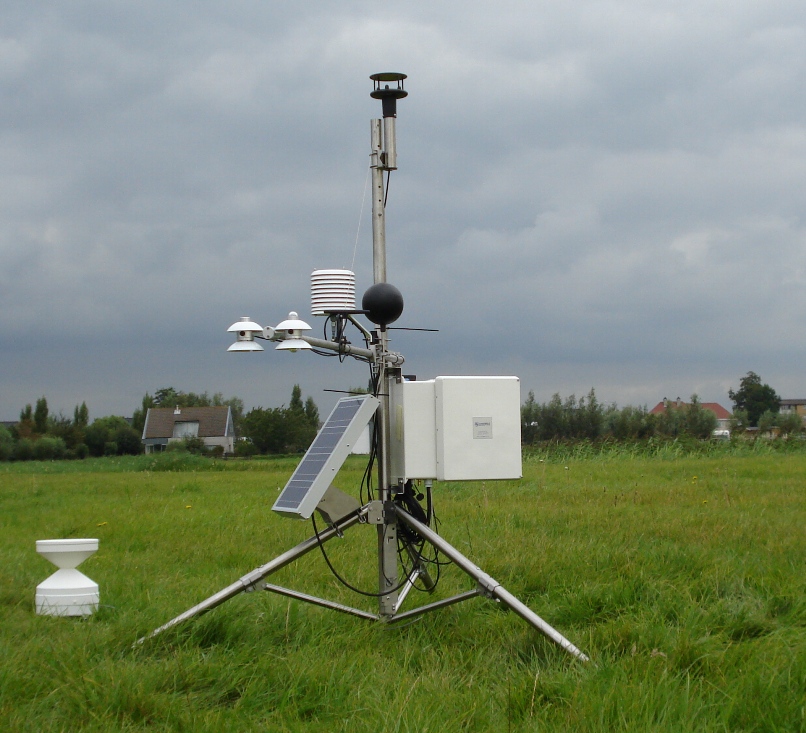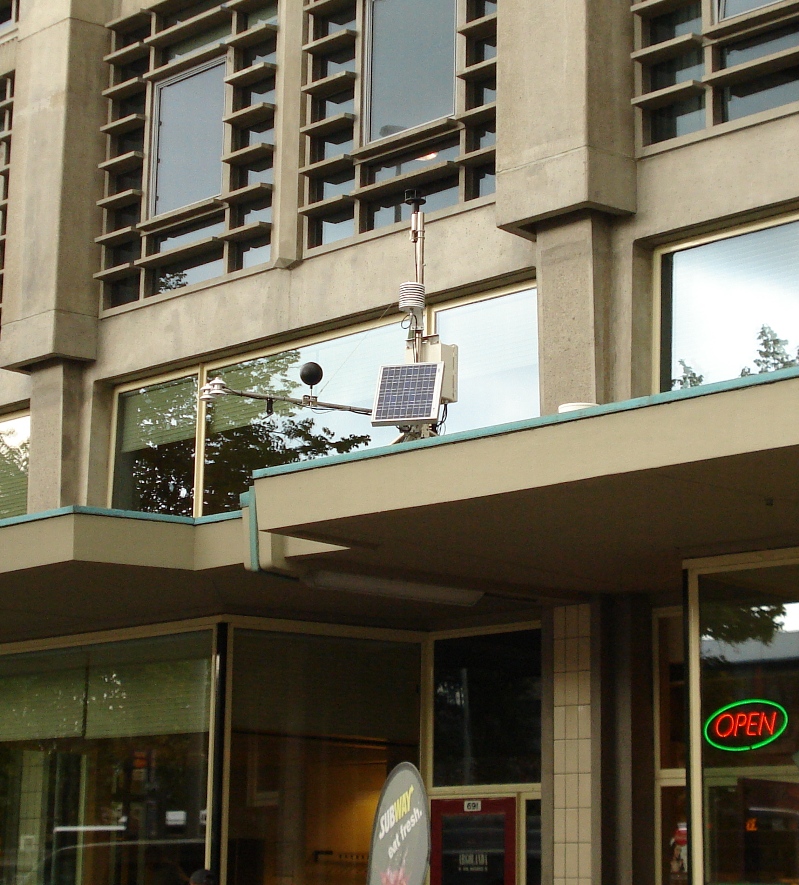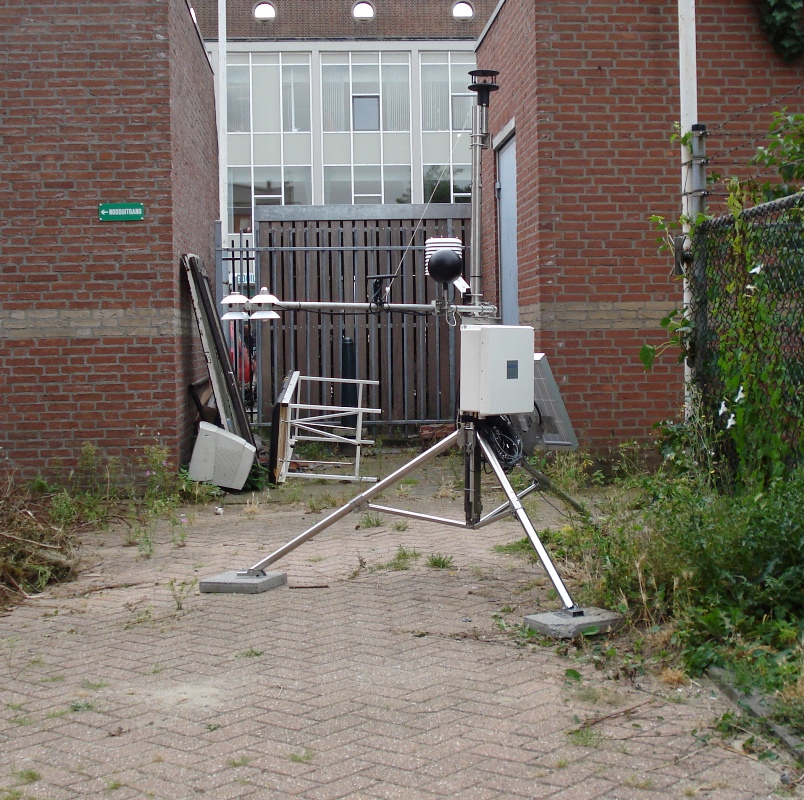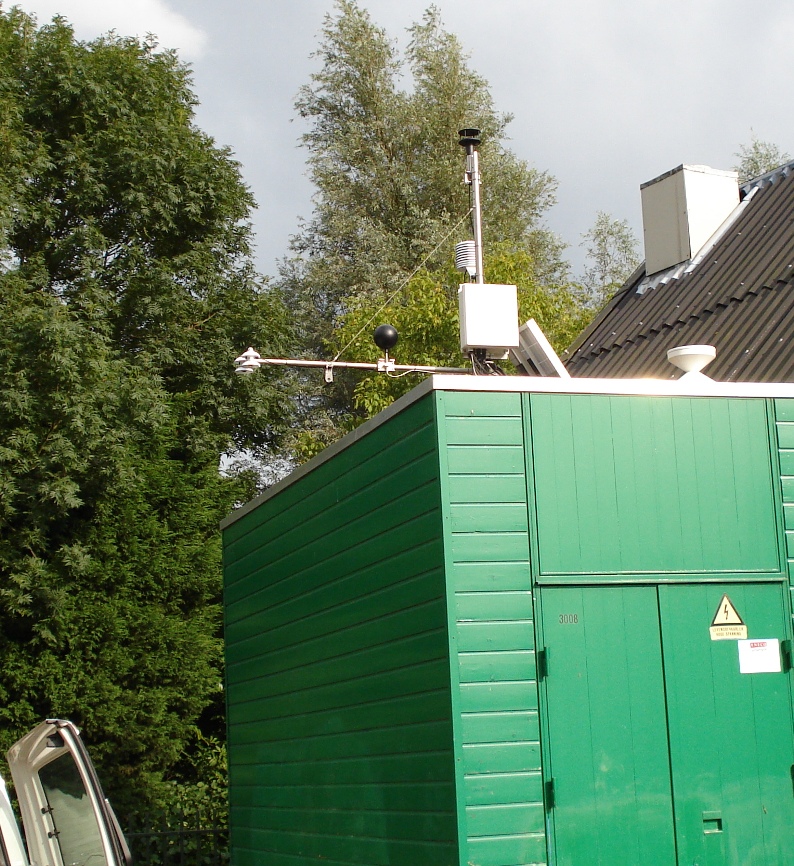


|
|
|
Since summer 2009 the City of Rotterdam is running 4 weather stations in Rotterdam, the Netherlands. Wageningen Environmental Research (Alterra) takes care of the data collection from these stations. These stations are part of the KvK project "Heat stress in the city of Rotterdam".
Abstract from the project proposal:
"Heat stress seems to be a serious, but underestimated problem. The heat
wave during the summer of 2003 for example caused 1.400 to 2.200 heat related
deaths in The Netherlands.
Rotterdam is aiming to adapt to climate change. Reducing the Urban Heat Island
effect, heat stress and its consequences is a component of adapting to climate
changes.
In this project the Urban Heat Island effect over Rotterdam will be predicted,
measured and analysed to determine the magnitude, the causes and the mechanisms
and frequency of occurrence in the present and in the future.
Subsequently an estimation will be made of the implication of heat on energy
consumpion, thermal comfort and public health targeting the most risky areas
in the city and vulnerable groups such as elderly, children, patients, etc.
At last various options to reduce the Urban Heat Island effect, heatstress and
its consequences will be regarded:
- behavioural measures (life style adaptation)
- solutions at building level (for example energy efficient design of building
by means of building orientation, materials, construction, etc)
- solutions at city level (urban planning strategies: building densities, parks,
ponds, canals, city green, etc)
The most relevant (no regret) options or strategies for the city of Rotterdam
will be pointed out, including a recommendation concerning the implementation
of the strategies in practice."
Central research questions and sub-questions from the proposal:
"In the first phase emphasis will be put in the definition of the extent
and possible consequences of the actual and future heat stress in Rotterdam:
- Does the Urban Heat Island effect exist in Rotterdam? If so, to what extent
and at which type of locations in specific?
- Does this Urban Heat Island effect lead to heat stress with regularity? What
are the most risky areas in the city and the most vulnerable groups ?
- How often does it occur now and how might climate change affect the Urban
Heat Island effect and the heat stress problem in Rotterdam?"
This project is funded by the Dutch government, the municipality of Rotterdam
and WUR.



